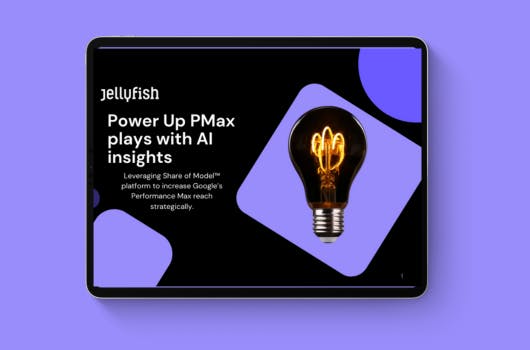2. Recommendation Engines
These are like the super-smart assistants of the online world. They analyze what you've clicked on, browsed, or bought before, and then—voilà!—they suggest similar stuff you might like. AI-powered recommendation engines analyze user behavior, preferences, and past interactions to suggest relevant products, content, or services. These recommendations can be displayed on product pages, in search results, or through personalized email campaigns, increasing the likelihood of engagement and conversions. Ever seen those "You Might Also Like" sections on shopping sites? That's the work of recommendation engines.
Now, let's throw some numbers into the mix to truly grasp the magnitude of their impact. According to the Mordor Intelligence report, the Recommendation Engine Market is projected to swell from a staggering USD 6.88 billion in 2024 to an eye-watering USD 28.70 billion by 2029. This meteoric rise, with a compound annual growth rate (CAGR) of 33.06% during the forecast period (2024-2029), underscores the pivotal role recommendation engines play in the digital realm.
Source: Mordor Intelligence Research & Advisory. (2023, July). Product Recommendation Engine Market Size & Share Analysis - Growth Trends & Forecasts (2024 - 2029). Mordor Intelligence. Retrieved March 6, 2024
3. Chatbots and Virtual Assistants
Ever chatted with a helpful little pop-up window on a website? That's a chatbot, and it's powered by AI. AI-driven chatbots and virtual assistants can provide personalized assistance and recommendations based on user queries, preferences, and browsing history. These virtual agents can guide users through the website navigation, answer questions, and suggest relevant products or content, enhancing the overall user experience.
The Chatbot Market size is estimated at USD 7.01 billion in 2024, and is expected to reach USD 20.81 billion by 2029, growing at a CAGR of 24.32% during the forecast period (2024-2029).
Source : Mordor Intelligence Research & Advisory. (2023, July). Chatbot Market Size & Share Analysis - Growth Trends & Forecasts (2024 - 2029). Mordor Intelligence. Retrieved March 6, 2024.
4. Dynamic Content Generation
Ever noticed how some websites seem to talk directly to you? That's because AI can whip up content on the fly based on what it knows about you. AI algorithms can dynamically generate content such as product descriptions, email subject lines, or website copy tailored to individual users based on their interests, demographics, and browsing history. This ensures that each visitor sees content that is most likely to resonate with them, leading to higher engagement and conversion rates. So, if you're into hiking, you might see articles about the best trails in your area. It's like having your own personal tour guide on the internet!
5. Adaptive Design
Have you ever visited a website and felt like it was made just for you? That's not a coincidence—that's AI at work. AI can analyze user interactions with the website in real time and dynamically adjust the layout, navigation, and content based on individual preferences and behavior. This adaptive website design ensures a personalized user experience that maximizes engagement and conversion opportunities. It's like having a custom-made website experience tailored just for you.
Our Asset Optimization capability can help boost your personalization efforts where we help our clients bring together media and creative teams to create an integrated approach that ensures all assets are optimized for the channel, placement, audience, and objective, helping those assets work as hard as possible.



